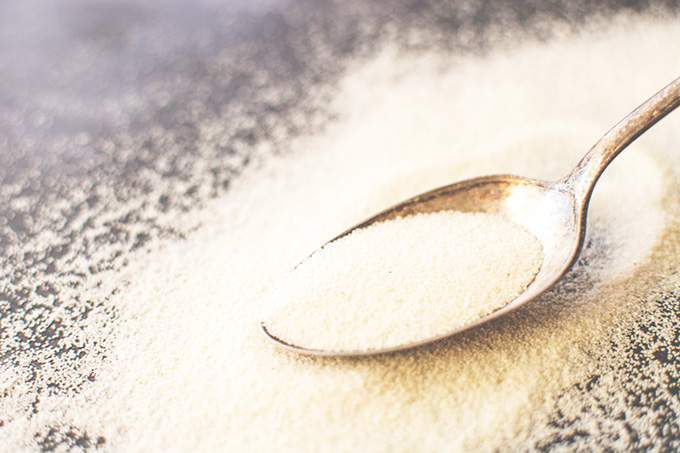Your nasal cavity is lined with mucous membrane that warms and moistens the air you breathe in, but more importantly traps some of the microbes, dirt and other small foreign objects. However, from time to time this body defense that you have can get irritated and inflamed, which is something known as coryza.
Sometimes referred to as rhinitis, coryza is actually very common. The signs and symptoms that it comes with are just like the ones encountered during a bout of cold. They include runny or stuffy nose, post-nasal drip and sneezing. It’s not unusual for fever and malaise to be experienced as well.
Although it’s true that coryza is something that can be managed at home, there are some instances when medical attention is warranted. This is most especially true if it’s the bacterial or viral kind because, if left uncontrolled, it may lead to pneumonia. Some cases of pneumonia, according to medical experts, can be fatal.
For coryza that can be safely managed at home, there are some steps that you may do to help in the management of its signs and symptoms, as well as for shortening the lifespan of the disease. Later on in this article, you will find home remedies for coryza that are appropriate for babies and very young children.
Vitamin C
Increasing vitamin C intake helps in strengthening the immune system, which then makes it easier for the body to fight off coryza. The inclusion of many citrus and tropical fruits, tomatoes, cucumbers, bell peppers and green leafy vegetables in the diet can helps boost the amounts of immune-strengthening vitamin C in the body.
Garlic
It’s also a wonderful idea for plenty of garlic to be added to the diet because the herb has superb antibacterial and antiviral properties. Some people don’t mind swallowing a couple of peeled garlic cloves a few times a day. If you are not particularly fond of eating foods containing lots of garlic, you may simply take garlic capsules.
Turmeric
Another herb that can help put an end to that bout of coryza in no time is turmeric. Lots of listings of home remedies for various inflammatory conditions have turmeric in them since it’s incredibly good at fighting off inflammation. Before bedtime, take a glass of warm milk with 1/2 teaspoon of turmeric dissolved in it.
Ginger
You may also count on ginger if the various signs and symptoms of coryza are bugging you. A very simple way to employ this herb with superb anti-inflammatory properties is by making a freshly-brewed cup of ginger tea. Allow a teaspoon of grated ginger root to steep in a cup of hot water. Strain, add a teaspoon of honey and consume.
Water
It’s important to keep your body very well hydrated while you’re down with coryza. Drinking lots of water can help flush out toxins and impurities in the body. More importantly, it helps deal with that runny or stuffy nose. If coryza is accompanied by fever, consuming plenty of water can help bring down the body temperature.
Steam Inhalation
Finally, inhaling steam can help loosen thick mucus and open up the airways, making it easier for you to breathe. Fill a medium-sized basin with hot water. If you have eucalyptus or peppermint oil, add a few drops of it. Place your face about a foot above the basin, drape a large towel over your head, and start inhaling the steam.
So what can a parent like you do if your baby or young child is the one with coryza? After having him or her seen by a doctor, you may opt for the following remedies:
–Increase hydration. Breast feed your infant more often, or encourage your child to drink more water.
–Nasal bulb. A child may be taught how to blow his or her nose. For a baby, the use of a nasal bulb can help.
–Use a humidifier. Keeping the air moist can help promote proper breathing.
–More pillows. At bedtime, prop up the upper body of the child with added pillows for proper breathing.








